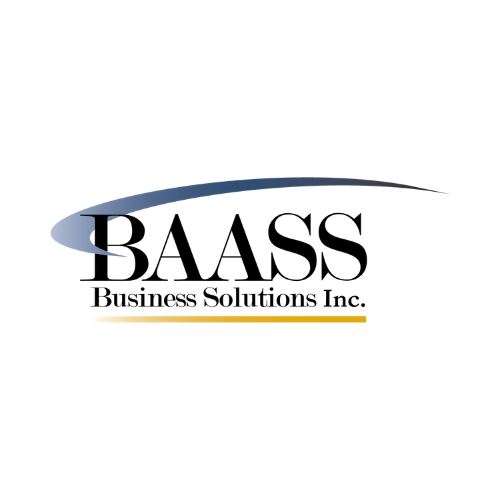Your company is ready to make the transition to CRM software, and by this point you’ve researched the many options available. You’ve found the Business Partner that is best able to meet your company’s needs, and are imagining a future where your CRM is the superstar of your office. That future is entirely possible, but hinges on one important aspect of the implementation: Employee Buy-In.
In every company, there is at least one employee that carries some resistance to change. It only becomes more difficult when that employee has grown with the company, and is very comfortable with the current processes. If you do feel there is a chance of resistance within the organization, it may be worth trying a few of the following to get those outliers back on board. In the face of resistance, all hope is not lost for the implementation!
Needs Assessment
The initial planning phase should always begin with a CRM Needs Assessment. This will allow you and your business partner to be completely on the same page with your current difficulties, current processes, and the vision you have for what CRM could ultimately do for your business. While it may seem like it only prolongs the process, it will save you many headaches and measurable time in the long term. At Plus, we conduct interviews with you and your staff. We then compile all of the information we have received in a document outlining optimum set up, recommendations and estimated ROI for a CRM Implementation. This not only opens a clear line of communication, but it accurately establishes expectation.
Involve your staff in initial planning with your Business Partner
This is especially useful with your sales team who may be out in the field and not see the benefits of consolidating their individual practices into a uniform procedure with CRM. Considering their opinion when shaping your CRM system will ensure greater usability for them, as well as engage them in the ultimate goals of the project. Familiarizing them with the product and providing them with the opportunity to influence the goals of the project may provide them with a bit more incentive to discover the benefits of CRM for themselves.
Have a strong internal feedback loop
The easiest way for people to feel involved in a process is to create a feedback loop within your organization. If there are problems or inefficiencies, and your staff does not see the possibility of a solution, getting them to adopt CRM will be next to impossible. Putting the four stages of a social feedback to use in the office environment will eliminate frivolous complaints, and encourage staff to find the best workflows.
If someone encounters a feature or workflow they are uneasy with, work through the following:
- Evidence – Have them provide evidence on the problem and establish a reason it is a problem in the first place. Screen shots or comparative data may be helpful as evidence.
- Relevance – Ask them to explain how this problem or inefficiency will inhibit productivity. Examples of specific situations are useful here.
- Consequence – Encourage them to use the examples to explain the consequences it may have on the company in the long term, and what they would do differently if they had designed the system.
- Action and Evaluation – If it has made it to this point, it may be time to address the issue and make some changes. Adopt the alternative method for testing. After ample testing, resume feedback as necessary.
This method of feedback can be useful for both the functionality of CRM, as well as establishing best practice.
Lead by example
Make sure you continue to be fully invested in the transition to CRM. If your employees sense any hesitation from you, there will be little chance of convincing them to give it an honest try. You can also try to make your use of CRM as visible as possible – use it in meetings, for your quarterly reports, the more people who see you engaging with it, the more curious they will be.
Training, Training, Training!
It may seem stereotypical, but in the case of a CRM Implementation, knowledge is power. By ensuring all users are comfortable with the system and the new processes and procedures, you eliminate the fear of the unknown. Documentation through training is also a useful reference tool, and creates a less daunting atmosphere for early adopters. There is nothing more deterring than the hopeless feeling people get when thrown into something upside down and without any training. Plus provides in-depth training classes, tailored specifically to your CRM setup. We also offer our Telephone Support Program to encourage you and your staff to ask questions whenever you have them.
While we can’t put our 100% Money Back Guarantee on the fact that everyone in your organization will embrace the new CRM system with open arms, we can help you make it as painless of a transition as possible for all of your staff. Whether you are just starting to explore what CRM could do for your company, or you are ready to implement right away, BAASS can help you through the process.
